Photography is more than just taking pictures — it’s a creative outlet, a way of telling stories, and could even be a career path. Many students wonder whether they can pursue photography while balancing studies, exams, and other responsibilities. The answer is yes — student photography is not only possible but also one of the most enriching hobbies or professions a student can explore.
Whether you want to pursue it as a passion, develop creative skills, or even earn money on the side, photography can be a perfect addition to student life. In this article, we’ll explore why photography is a great choice for students, how to start, what skills you’ll need, and how to balance it with your academic journey.
Table of Contents
ToggleWhy Student Photography Is Worth Pursuing
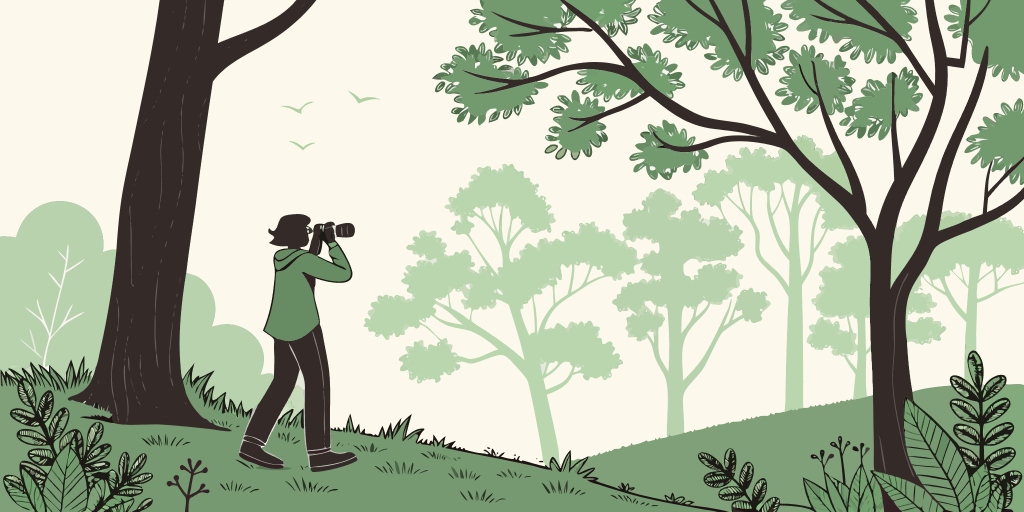
Photography offers far more than just beautiful pictures. For students, it can provide a deeper understanding of the world and valuable skills that go beyond the classroom.
Pursuing photography as a student offers far more than just an enjoyable pastime — it can be a deeply rewarding and transformative experience. One of the most significant benefits is the way it boosts creativity. Through photography, you begin to see the world from new angles, learning how to frame subjects, play with light, and tell stories visually. This creative exploration naturally improves your observation skills as well. You start noticing the subtle details, patterns, and perspectives that others might easily overlook, sharpening your ability to pay attention to the world around you.
Photography is also a powerful tool for communication. Images speak a universal language, capable of expressing emotions, ideas, and messages without the need for words. This ability to communicate visually becomes especially valuable in today’s media-driven world. Beyond that, photography offers an excellent way to relieve stress. It encourages you to step outside, explore nature, capture meaningful moments, and find calm in creative expression — all of which can contribute to better mental well-being.
In addition to personal growth, photography also develops practical, career-ready skills. From visual storytelling and composition to editing and digital content creation, these abilities are highly valued across many industries. Students who pursue photography often find that it opens doors to earning opportunities too, whether through part-time work in events, portraits, social media content creation, or other creative projects.
For many students, photography evolves into more than just a hobby. It becomes a meaningful form of self-expression, a way to connect with others, and even a step toward future career paths.
Balancing Photography with Your Studies

A common worry for students is whether photography might distract them from academics. The truth is, with the right mindset and time management, it can complement your education rather than compete with it.
Tips for balancing photography with school life:
-
Set priorities: Education should remain your main focus. Treat photography as a rewarding side activity, not a distraction.
-
Use your free time wisely: Practice photography on weekends, holidays, or after study sessions.
-
Integrate photography into school projects: Many subjects — from art to science — offer opportunities to use photography in assignments and presentations.
-
Start small: A few minutes a day with your camera can make a difference without overwhelming your schedule.
-
Join photography clubs: Being part of a student photography group can help you practice regularly and learn from others without affecting studies.
Balancing studies and student photography teaches you time management — a skill that’s essential in both academics and life.
How to Start Student Photography with Little or No Experience
You don’t need expensive equipment or professional training to begin. Many successful photographers started with a smartphone and curiosity. What matters most is learning the basics and practicing consistently.
Steps to start your photography journey:
-
Begin with what you have: A smartphone camera is enough for beginners. Learn composition, lighting, and timing before investing in gear.
-
Learn the fundamentals: Study topics like exposure, aperture, shutter speed, ISO, and framing. Free online tutorials and YouTube videos can be great resources.
-
Practice daily: Take pictures of everyday scenes — your school, nature, friends, or city streets. Experiment with different angles and lighting.
-
Study other photographers: Analyze photos you admire. Notice how they use light, color, and perspective.
Edit your photos thoughtfully — even simple adjustments using free apps like Snapseed or Lightroom Mobile can make a dramatic difference in the quality of your work. Don’t hesitate to seek feedback either; sharing your photos with friends, teachers, or online communities can provide valuable constructive criticism that helps you improve. Ultimately, the key to mastering student photography lies in consistency. Every photo you take is a learning experience, helping you refine your skills and grow as a photographer.

Types of Photography Students Can Explore
Photography is a vast field with many styles. Exploring different types helps you discover what excites you the most.
Popular photography types for students:
-
Portrait photography: Focuses on capturing people’s expressions and personalities. Great for practicing lighting and composition.
-
Nature and landscape photography: Perfect for students who enjoy the outdoors and want to capture natural beauty.
-
Street photography: Tells stories through candid moments in public spaces. Helps build storytelling and observation skills.
-
Event photography: Covers school events, concerts, or community gatherings. A good way to gain real-world experience.
-
Macro photography: Captures small details up close, ideal for science enthusiasts or nature lovers.
-
Creative photography: Experiment with concepts, lighting, and editing to express your ideas artistically.
Trying different styles of student photography helps you develop a versatile skill set and understand your strengths.
Tools and Equipment for Student Photographers
While you don’t need expensive equipment to start, investing in basic tools as you progress can improve your results.
Essential tools for beginners:
-
Smartphone or basic DSLR camera: Either can produce excellent photos if used creatively.
-
Tripod: Useful for steady shots and long exposure photography.
-
Basic lens (if using a camera): A 50mm lens is affordable and versatile for portraits and everyday photography.
-
Editing software: Free tools like Snapseed or paid ones like Adobe Lightroom help refine your images.
-
Online storage: Services like Google Photos or Dropbox keep your work organized and backed up.
Start small and upgrade your gear gradually as your skills and needs grow.
Turning Student Photography into a Career Path
Many professional photographers started their journey as students. If you’re passionate about photography, it can evolve from a hobby into a fulfilling career.
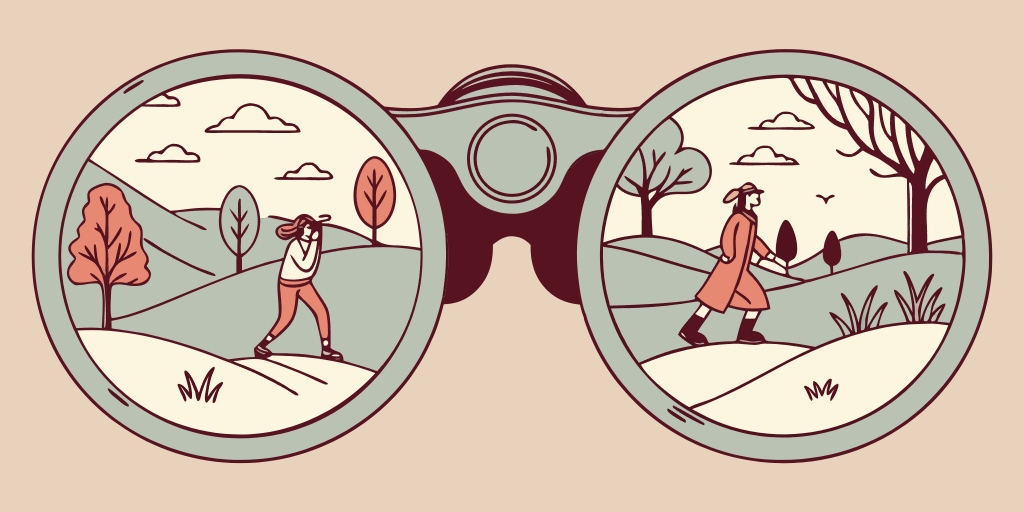
Ways to turn student photography into opportunities:
-
Freelance work: Offer photography services for birthdays, school events, or family portraits.
-
Social media presence: Build an Instagram or portfolio site (i.e Linkdin) to showcase your work and attract clients.
-
Competitions and exhibitions: Enter student photography contests to gain exposure and recognition.
-
Collaborations: Work with local businesses, student groups, or nonprofits to practice and build your portfolio.
-
Internships: Apply for opportunities with photographers or media organizations to learn industry practices.
-
Specialize: As you grow, consider focusing on a niche like fashion, nature, commercial, or travel photography.
Photography offers diverse career options, from content creation and journalism to advertising and fine arts.
Skills You Develop Through Student Photography
Photography is more than technical skills — it shapes qualities that benefit you in academics, careers, and life.
Skills photography helps you build:
-
Creativity: Thinking outside the box to create unique shots.
-
Patience: Waiting for the right light or moment trains discipline.
-
Attention to detail: Noticing subtle changes in lighting, color, or composition.
-
Problem-solving: Adjusting quickly when conditions change.
-
Communication: Learning how to tell stories visually.
-
Confidence: Sharing your work publicly builds self-esteem and resilience.
These skills are highly transferable and valuable in almost any profession.
Overcoming Common Challenges in Student Photography
Like any skill, photography comes with challenges. Recognizing them early helps you grow faster.
Common challenges and how to overcome them:
-
Limited budget: Use your phone camera and free editing tools until you can afford upgrades.
-
Lack of time: Combine photography with daily activities, like taking photos on your way to school.
-
Creative blocks: Explore new subjects, study other photographers, or try different techniques.
-
Fear of criticism: Share your work with supportive communities and treat feedback as growth.
Every photographer faces obstacles. What matters is staying consistent and curious.
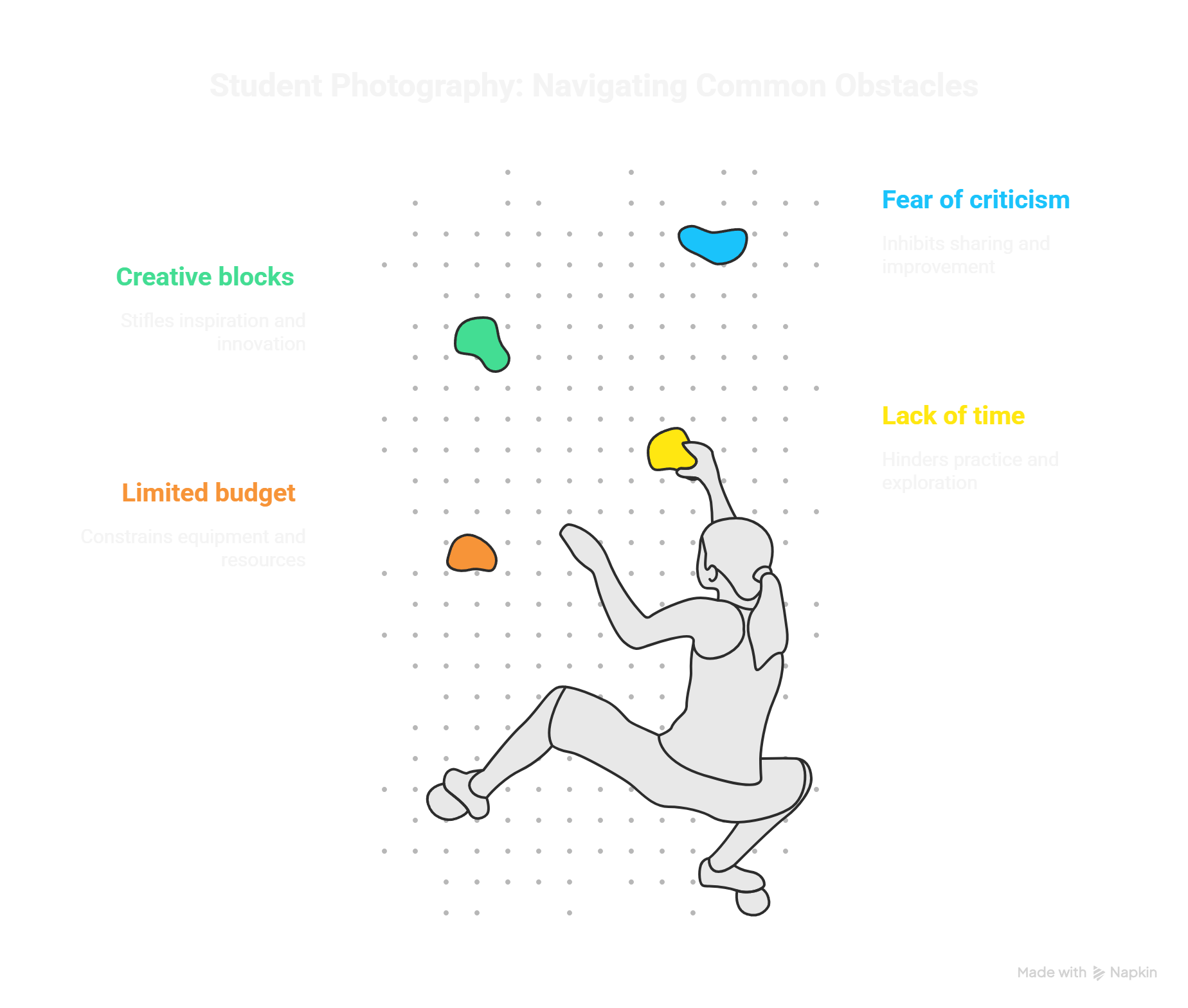
How Student Photography Enhances Your Academic Life
Photography can positively influence your studies and overall school experience.
Academic and personal benefits include:
-
Improved focus: Observational skills help you notice details in class and assignments.
-
Better presentations: Photography enhances school projects with strong visuals.
-
Expanded opportunities: Joining school clubs, contests, or art programs adds value to your student profile.
-
Enhanced storytelling: A key skill in subjects like literature, history, and social studies.
Far from being a distraction, student photography can enhance your academic performance and creativity.
Final Thoughts: Say Yes to Student Photography
So, can you do photography as a student? Absolutely. Student photography is not only possible but also deeply rewarding. It nurtures creativity, builds real-world skills, reduces stress, and even opens doors to future careers. You don’t need expensive gear or professional training to start — just curiosity, practice, and passion.
Whether you dream of becoming a professional photographer or simply want a creative hobby, photography is one of the most meaningful skills you can develop as a student. It teaches you to see the world differently, capture moments that matter, and express stories that words can’t always tell.
So grab your phone or camera and start shooting, your student photography journey begins the moment you take that first photo

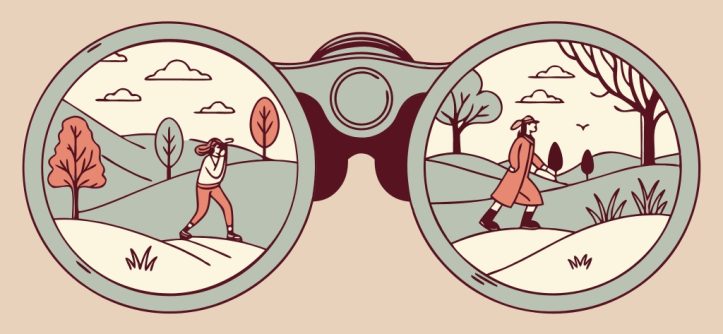

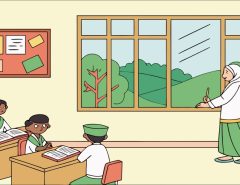
Leave a Reply